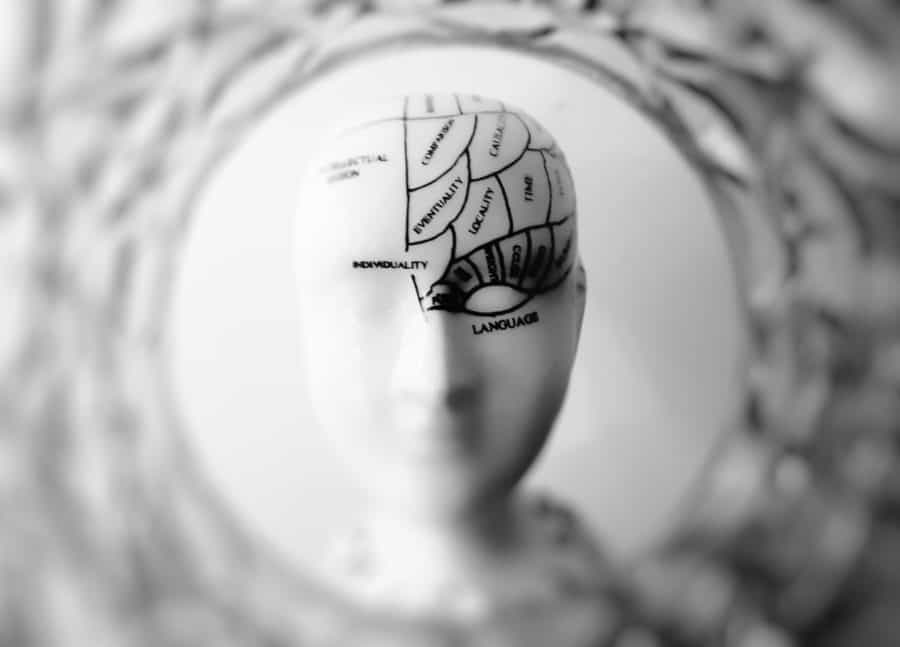
Jeff Stahl General
Why do human beings have the ability to feel sad? We work so hard to avoid it, spending considerable energy in pursuit of happiness only to find that the sadness remains. Sadness does have a true purpose, and that is to seek compassion. Compassion through physical support, an empathetic listener and loving ourselves when we feel the most vulnerable.
Ever notice how tragedy brings people together? Or when you fight with a loved one, they start crying, and the anger instantly dissipates. Sadness has the unique ability to bring people together often without words but instead a warm hug. So next …

Jeff Stahl General
Our brains are constructed so that, oddly enough, new information isn’t easily accepted. Before accepting anything new, our brains test out the information to see if it fits with whatever has been previously wired. If it fits, we accept it. If not… we don’t. In fact, when we hear radical information our brains meet it with resistance and people with a “closed mind” are even less likely to process new information.
Think about it. When was the last time you were in an argument and were more invested in thinking of your next response than actually listening to what the other …

Jeff Stahl General
First of all, the purpose of this post is not to dispute anyone’s personal experience, but rather to reflect on how we can loosen our identification in order to approach mental illness in a different way. Since I often encounter people who wear their mental illness like it’s the essence of their being, it’s important to address. These people often get defensive, claim to be misunderstood and support all of their behavior with a professional diagnosis. I want to help them understand that a mental illness does not define you.
The personae is a powerful appendage of the Ego. It’s the …

Jeff Stahl General
Therapy makes you question your perception. What we see, or perceive, is based on how our brain contextualizes information; how it relates new information to what we’ve already experienced. We tend to look for things that are familiar, especially in terms of patterns that had previously caused us pain or anxiety.
I tend to see two patterns arise when our brain unconsciously processes past trauma. We go into anxiety mode where our emotions dictate our fight or flight response. We either fight these emotions or we run away, which is experienced as anger or avoidance of the situation.
We experience a complex, …

Jeff Stahl General
Occasionally, I get a client that is uncomfortable with the fact that they’ve found themselves in a therapist’s office. I assume they believe that they’re here because “something is wrong with them” and someone recommended they talk to a therapist. So many times I’ve told the client that nothing is wrong with them and, in fact, by recognizing that they need support there is actually something very right about them.
When you recognize that you need support, you increase the likelihood of feeling better. In fact, studies have shown that people report improvement the minute that they make the appointment and …

Jeff Stahl General
When people seek therapy, they often want immediate solutions. At the beginning, therapy explores these immediate solutions so that people can find some sort of relief. In fact, a lot of people start feeling better after the first session when they start to acknowledge the issue, talk about it and feel hopeful. At some point however, the presenting issue settles down and you need to address it on a deeper level.
Deeper work is exploring the past and noticing how it affects the present. It begins with a thorough discussion that allows the therapist to get a sense of the parents, …

Jeff Stahl General
In most cases, depression is a form of depressed sadness. It is unresolved sadness from long ago that has been stored in our unconscious and accessed when similar situations arise. Our Ego is unaware that this is unconscious material and tends to respond to these situations as if they were happening today. This forms a “complex,” which is a group of thoughts triggered by an emotional reaction that have a narrow perception of what’s really happening.
Since there is such a strong stigma around being sad, a person might not want to talk about what they are going through. This causes …
Jeff Stahl Counseling . 223 W. Jackson, Ste 360, Chicago, IL 60606.
© 2025 Jeff Stahl Counseling. All rights reserved.
Privacy Policy | Terms of Service | Disclaimer
Web Design by 

